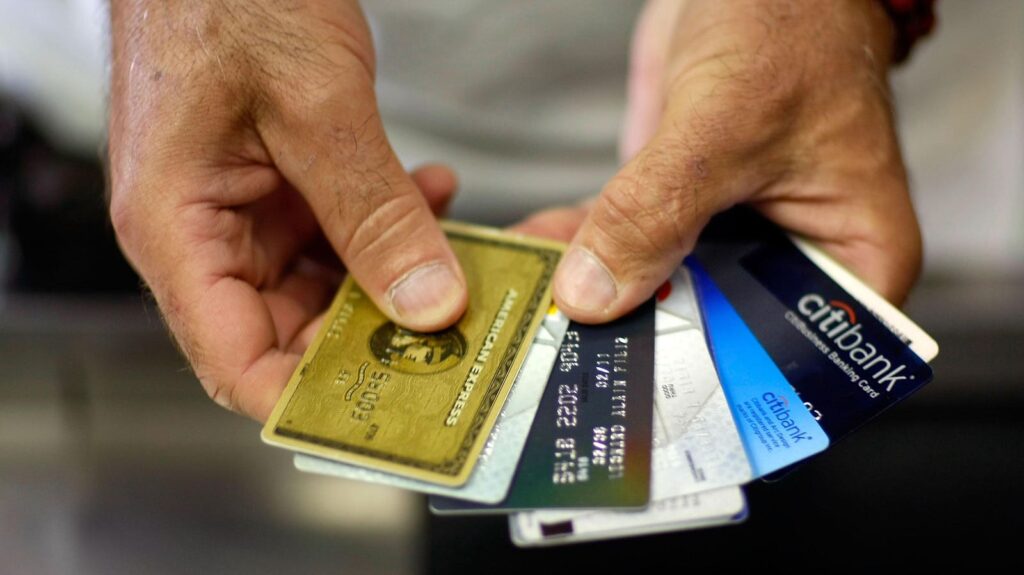The landscape of credit card rewards has long been a subject of scrutiny, particularly regarding its implications for different consumer demographics. Many critics argue that the rewards systems foster a financial inequality where primarily affluent and financially literate individuals benefit at the expense of less sophisticated consumers, including those who rely on debit cards or lack the knowledge to maximize credit card perks. For instance, when users like Alain Filiz leverage their credit cards for transactions, they inadvertently shift a financial burden onto those who opt for lower-cost payment methods. This phenomenon was highlighted in a report by the New Zealand Commerce Commission, which noted that consumers who use more affordable payment options often end up subsidizing the costs associated with credit card transactions. The redistribution mechanism results in an estimated $15 billion annually being funneled from less sophisticated to more savvy credit card users, who are often better educated and come from higher income brackets.
Yet, despite the advantages available to those who are adept at navigating the rewards landscape, even they can find the process overwhelming and complex. The mental gymnastics required to compare points, rewards, and various offers can deter all but the most committed consumers. For many, the challenge lies in determining which credit card to use for each transaction based on fluctuating exchange rates for points, cashback, and miles. The intricacies of these decision-making processes underscore the cognitive load associated with optimizing rewards, raising the question of whether the average consumer might be willing to delegate such tasks to an AI-driven personal assistant. As AI technology continues to evolve, the potential for “agentic commerce” emerges, wherein smart agents could autonomously make payment decisions based on an individual’s financial goals, potentially enhancing overall consumer experiences by eliminating mundane yet necessary tasks.
Frequent flyer programs represent a significant facet of the rewards economy, contributing billions to airline revenues without a corresponding financial outlay until points are redeemed, often leading to consumers forgetting or losing their potential rewards. The success of these initiatives underscores the financial viability of loyalty programs for businesses, raising intriguing questions about their future as AI agents gain control over decision-making processes. If consumers no longer need to manually navigate the complexities of rewards, will this diminish the value of these programs? Conversely, could it result in an enhanced system where consumers reliably make optimal choices, creating a more competitive rewards market and compelling issuers to improve their offerings?
The integration of AI into the rewards process is not without challenges, particularly regarding security and liability. The potential for fraud could increase as payment agents autonomously make transactions on behalf of consumers. Who bears responsibility in the event of unauthorized charges? This question forms the crux of the discussion surrounding the need for robust security measures to protect both consumers and financial institutions. Advanced cryptographic techniques will be essential in establishing secure authorization protocols that deter fraudulent activities while holding accountable the correct parties in cases of disputes. Addressing these security concerns is paramount for gaining consumer trust in a new age where automated agents are dictating financial decisions.
As consumer behavior evolves alongside technological advancements, it places unprecedented pressure on credit card issuers. If AI agents can effectively help consumers maximize their rewards while minimizing costs like fees and interest payments, issuers may need to rethink their business models. The burgeoning demand for smarter consumer tools could drive issuers to explore new revenue streams such as charged transaction fees, premium service offerings, or stake on competitive rewards, ultimately reshaping the rewards landscape. The financial dynamics may experience volatility as players adjust to a market where consumers leverage advanced AI technologies for better financial outcomes.
In concluding, the future of credit card rewards in an AI-driven landscape is rife with potential yet fraught with complexity. As companies and consumers navigate these transitions, the ultimate question looms over whether credit card issuers are prepared for a future where consumers are considerably more adept at optimizing their financial interactions. The year ahead promises to be crucial as the financial sector grapples with the implications of smarter consumers and the innovations that are rapidly transforming how credit card rewards and loyalty programs function. Ultimately, both consumers and issuers must adapt, setting the stage for a fascinating evolution in the realm of personal finance.

